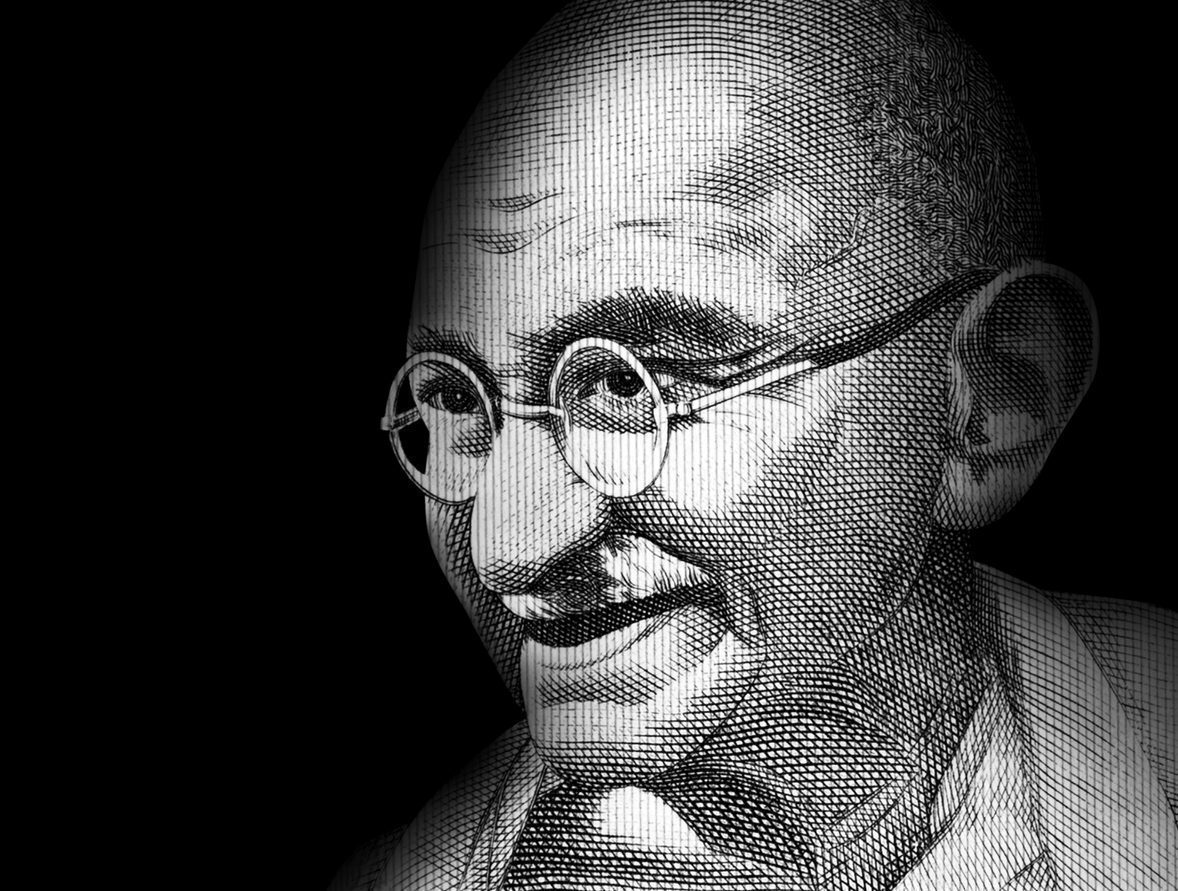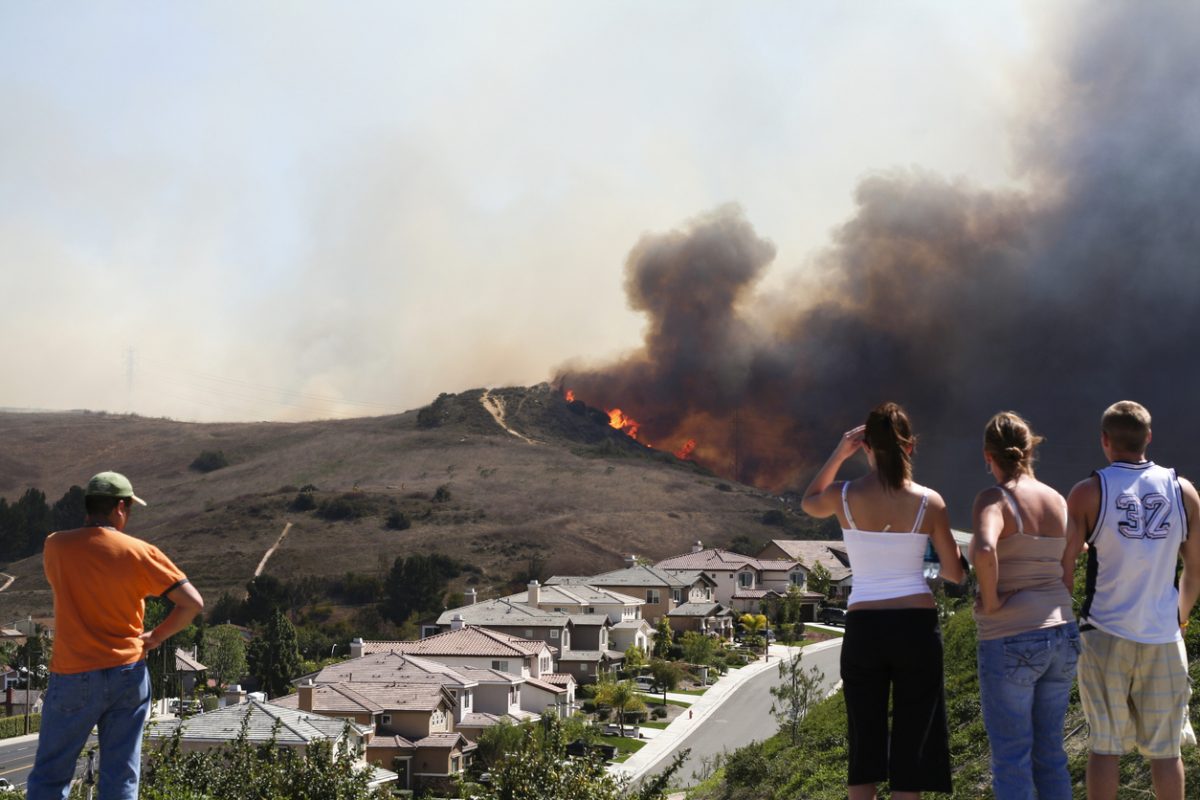
Reinventing Behavioral Health During the COVID-19 Pandemic
The coronavirus disease 2019 (COVID-19) pandemic is an evolving crisis unlike anything we have ever seen before. With its inception far from home, many in America likely doubted its impact would ever reach our current critical masses, with an expectation that it would quickly blow over. Unfortunately, this was not the case, and our preparedness for what was yet to come was evidently underwhelming. Within a span of a few weeks, our health care system has experienced an exponential growth in admission rates, overwhelming its capacity to provide adequate care to patients and to protect health care providers dealing with the novel coronavirus. The physical and tangible impact of this virus on our economy has been crippling to say the least, while equally damaging the emotional stability of our people, instilling an unsettling anxiety and fear with no clear resolution on the horizon. Social distancing measures have been implemented, extending beyond a simple mask and glove wear to also separating families and health care providers into individual housing or hotels to minimize exposure of the virus, resulting in mothers who don’ t see their children for weeks or the elderly isolated with limited attention and resources. The combination of all these factors creates an incredibly heavy emotional burden, highlighting the critical need to tend to our mental health and for our country to unite like never before.
The unpredictability and lethality of COVID-19 continues to fuel the angst of practitioners working on the front lines. Its mere presence has begun to test our moral compass as health care professionals, with some contemplating to withdraw from the fight entirely but the majority of others stepping into the battle knowing the risks at hand. Challenging the status quo and shifting our societal dynamics both socially and economically, the coronavirus has undoubtedly highlighted the incredible resilience and versatility of our medical leadership and hospital staff, who have managed to swiftly adapt and considerably increase patient capacity. Transforming ambulatory centers and conference auditoriums into make-shift intensive care units (ICUs) and building equipped patient station tents next to the hospital emergency department, NYU Winthrop Hospital is one of many institutions that have been able to accommodate a surge of patients—over 500 COVID-19 patients, with 150 of them on mechanical ventilation (compared to the usual capacity of 30). To meet the demand, local and subspecialist physicians have heroically risen to the challenge by assisting intensivists in the care of ICU patients. Hundreds of nurses from every state in the country traveled to join the fight here in New York. There is likely not a single family in this state that has not been affected by the virus one way or another, so the unwavering commitment to saving lives is truly a testament to the strength and compassion of our health care workers.
Our behavioral health department has been at the forefront of the battle to bravely support the needs of NYU Winthrop. In addition to providing routine psychiatric consultations to all hospitalized patients, we expanded the scope of our involvement to include the following:
- rounding with medical teams to manage the impact of COVID-19, including exacerbation of preexisting psychopathology, adjustment reactions of patients due to isolation from families, and the effect of illness on neurocognitive function;
- managing patients flagged on safety watch due to prolonged sedation and resulting confusion (eg, patient removal of oxygen masks and tampering with medical equipment);
- providing families of COVID-19 patients with emotional support and serving as a liaison between patients, families, and their respective medical teams;
- providing mental health support for internal hospital staff, including but not limited to physicians, nurses, and physician assistants.
The proactive collaborative model that we have integrated aims to bring tremendous value to the already overloaded hospitalist services, improving their emotional well-being and minimizing the risk of professional burnout.
Prior to the crisis, we had a robust hospital consultation service as well as outpatient mental health services. Fortunately, the field of psychiatry does not lose much of its clinical value resulting from distancing and the inability to perform physical medical examination. Many adaptations had to be made in the current setting, the first of which being to minimize in-person visits; initially, this applied only to the immunocompromised and elderly, but shortly included all ambulatory practice patients. While we were already providing some telepsychiatry, we quickly ramped up utilization of telemedicine services to provide continuity of care. The adoption of telepsychiatry has been welcomed more by younger patients given travel and use convenience, while the elderly often prefer contact via telephone due to a steeper technological learning curve. For patients infected with the novel coronavirus, there are some considerable barriers to providing effective care via telepsychiatry, including delirium secondary to COVID-19 complications and background noise resulting from negative pressure-equipped rooms—an obstacle that our psychiatrists selflessly overcome by gowning with the appropriate personal protective equipment to provide in-person psychiatric evaluations.
Another unique byproduct of the current situation is a need for psychiatry expertise in management of sedation. The management of critically ill COVID-19 patients presents with the challenge of getting patients off their ventilators, raising the demand for our double board-certified internal medicine and psychiatry physicians to provide expertise on sedatives, narcotics, and psychotropic medications in the context of complex medical illness and polypharmacy. Mechanical ventilation requires a considerable quantity and often a cumbersome combination of intravenously administered medications such as propofol, fentanyl, ketamine, and dexmedetomidine and a range of benzodiazepines. This task has proved to be a moving target, as the intermittent supply depletion is rapidly outpacing the ability to maintain stock. To minimize use of intravenous sedatives, we have employed oral and parenteral formulations of benzodiazepines, antipsychotics, and muscle relaxants, as well as gabapentin and melatonin whenever feasible.
Tending to the well-being of our hospital staff members during this crisis has become our priority. To effectively address the emotional toll endured during the pandemic, our team has developed the COVID Crisis Mental Health Support (CC-MHS) hotline, providing free and confidential support to internal callers experiencing anxiety or emotional distress due to crisis. A series of WebEx sessions has been hosted for internal hospital staff with guidance on coping strategies and related mental health issues. Leading this initiative are our psychologist, Carole Filangieri, PhD, and licensed clinical social worker, Mary Rzeszut, MSW, LCSW-R, who were able to put together a great team consisting of members of the behavioral health department, hospital pastoral care, occupational medicine, and many other qualified hospital professionals with relevant expertise generously volunteering their time to this cause. A weekly WebEx teleconference that we named "Staying Together While Keeping Apart," has been another internal development to ameliorate isolation and provide a sense of collegial support for our department members. In appreciation for staff’s sacrifice and selfless commitment to patient care during these trying times, this WebEx is coupled with lunch provided by the department to create an opportunity for everyone to voice any concerns and share personal experiences.
I fear that when we eventually overcome this unforgiving viral pandemic and steer toward normalcy, the repercussions will be long lasting. Once people come out of their sheltered environment, the mental health hardship is likely to be high, with an increase in patients experiencing anxiety, depression, posttraumatic stress disorder, paranoia, and obsessive-compulsive disorder. The field of mental health is finally recognized as an equal if not more important contributor to overall well-being, but it is important to acknowledge that a shortage of both inpatient and outpatient resources existed even before COVID-19. The stress of isolation, economic impact on our society, and unprecedented trauma of COVID-19-related losses and health effects are likely to aggravate the inevitable need for increased psychiatric resources to manage the incoming wave of people recovering from COVID-19 stress.
Amidst the seemingly endless darkness, there is a glimmering hope of light at the end of the tunnel. At the time of this article’s writing, over 750 COVID-positive patients have been successfully discharged from the hospital. Accomplishing such feats would be impossible were it not for the heroic and self-sacrificing doctors, nurses, pharmacists, respiratory technicians, physical therapists, and many other people here at NYU Winthrop Hospital and surrounding New York institutions. I applaud all involved in this fierce battle against the invisible enemy and hope for a swift recovery of our world in the near future.
Received: April 23, 2020.
Published online: May 7, 2020.
Potential conflicts of interest: None.
Funding/support: None.
aDepartment of Behavioral Health, NYU Winthrop Hospital, Mineola, New York
bDepartment of Psychiatry, NYU School of Medicine, New York, New York
cNYU Long Island School of Medicine, Mineola, New York
*Corresponding author: Aaron Pinkhasov, MD, FAPA, Chairman and Clinical Professor of Psychiatry, Department of Behavioral Health, NYU Winthrop Hospital, 222 Station Plaza North, Suite 350A, Mineola, New York 11501 ([email protected]).
Prim Care Companion CNS Disord 2020;22(3):20com02646
To cite: Pinkhasov A. Reinventing behavioral health during the COVID-19 pandemic. Prim Care Companion CNS Disord. 2020;22(3):20com02646.
To share: https://doi.org/10.4088/PCC.20com02646
© Copyright 2020 Physicians Postgraduate Press, Inc.
Enjoy this premium PDF as part of your membership benefits!




